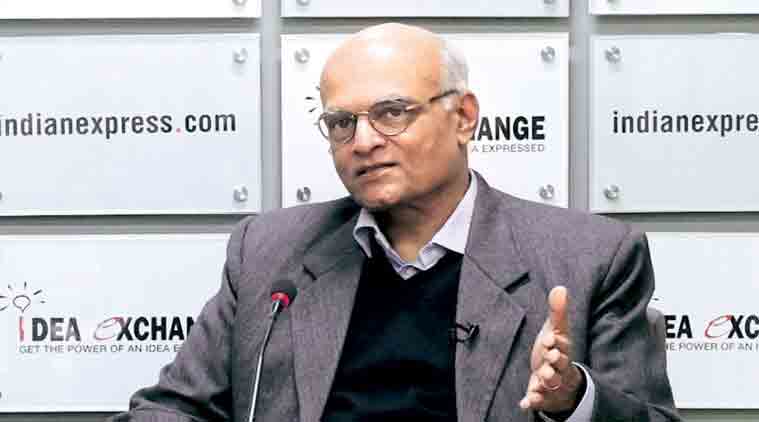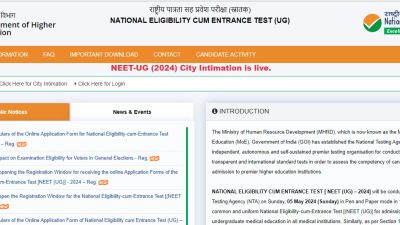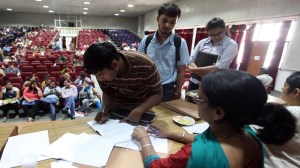- India
- International
Wanted to hit LeT camps in Pakistan after 26/11 strike: Shivshankar Menon
Would have been emotionally satisfying, govt felt more to gain by not attacking: former NSA in book.
 Shivshankar Menon
Shivshankar Menon
When Mumbai was attacked on 26/11, Shivshankar Menon, the then Foreign Secretary who went on to become National Security Advisor to the UPA government, pressed for immediate military retaliation “either against the LeT in Muridke, in Pakistan’s Punjab province, or their camps in Pakistan-occupied Kashmir, or against the ISI, which was clearly complicit” because it “would have been emotionally satisfying”.
At that point in 2008, Menon believed that a military retaliation would have “gone a long way in erasing the shame of the incompetence that India’s police and security agencies displayed in the glare of the world’s television lights for full three days”.
Watch What Else is Making News
“On sober reflection and in hindsight… the decision not to retaliate militarily and to concentrate on diplomatic, covert, and other means was the right one for that time and place,” Menon writes in the chapter titled ‘Restraint or Riposte: The Mumbai Attack and Cross-Border Terrorism from Pakistan’ in his book Choices: Inside the making of India’s Foreign Policy, released in the United States and United Kingdom.
“The simple answer to why India did not immediately attack Pakistan is that after examining the options at the highest levels of government, the decision-makers concluded that more was to be gained from not attacking Pakistan than from attacking it,” he writes.
An Indian attack on Pakistan, he says, would have united that country behind the Pakistan Army and weakened the recently elected civilian government of Asif Ali Zardari. “A limited strike on selected terrorist targets — say, the LeT headquarters in Muridke or LeT camps in Pakistan-occupied Kashmir — would have had limited practical utility and hardly any effect on the organization.”

Between November 26 and 28 in 2008, 166 people, including 26 foreigners, were killed in spectacular terror strikes at different locations in Mumbai by ten Pakistani terrorists from Lashkar-e-Taiba.
Menon notes that there had been other, more deadly terrorist attacks in Mumbai before 26/11, all linked to Pakistan, but “nothing matched the level of organization, the sheer savagery, and the television-style spectacle” of this terror attack.
“The cross-border terrorists pose no existential threat to India,” he says, but “failure in India’s nation-building endeavour or prolonged economic failure would be”.
Arguing against the idea that one military action will end the conflict, he cautions that “India’s immediate political objective must recognise that this is a long conflict that cannot be solved — that is protracted and intractable. This is an idea that most Indians are reluctant to accept and some find intolerable”.
Menon points out that the Israel model “often quoted or misquoted, in support of military action as the answer” in India “is limited in time and effect”. Israeli tactics of short responses against non-state actors, not their state sponsors, seeks cumulative deterrence but the “use of deterrence in asymmetric warfare is questionable unless the non-state actors take over territory and act as governments”.
“India-Pakistan relations are one of the few major failures of Indian foreign policy,” says the former Foreign Secretary, where the two neighbours have been able to even achieve “a modus vivendi whereby each country goes its own way and leaves the other in peace”.
He laments the failure of efforts during 2004-07 between Manmohan Singh and Pervez Musharraf which were stymied in 2007 by Pakistani domestic politics. “To me,” Menon says about the joint statement between Singh and Yousaf Raza Gillani in July 2009 at Sharm El-Sheikh, it “was another opportunity squandered in the long list of missed half chances in India-Pakistan relations”.
According to Menon, despite attempts by Pakistan, India has not really been affected by radical groups like the ISIS or Daesh. “This does not mean that there will not be deluded individuals or that incidents will not take place. But it does mean that social cement that keeps India together is strong and significant and must be strengthened by fighting all communally divisive forces,” he writes.
Apr 24: Latest News
- 01
- 02
- 03
- 04
- 05






































